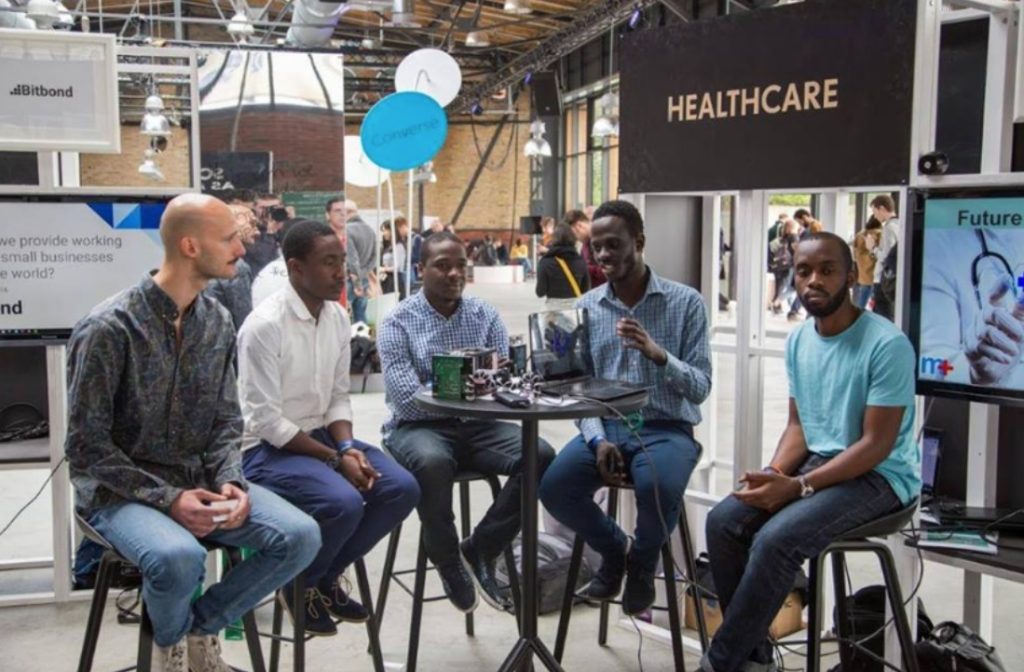
The Royal Academy of Engineering’s Africa Prize for this year went to a creative method of diagnosing malaria. A bite from an infected Anopheles mosquito may spread malaria, a disease carried by mosquitoes. Malaria is the primary cause of death in prizewinner Brian Gitta’s native Uganda and accounts for the majority of malaria-related fatalities worldwide. At 24 years old, Mr. Gitta is the youngest winner to date and the first from Uganda. After a blood test failed to identify his own malaria, he had to undergo four tests before the disease was finally identified, demonstrating the drawbacks of existing malaria diagnostics firsthand.
A bloodless test for malaria has been developed by Mr. Gitta and his colleagues using magnetism and light scattering. The gadget shoots a red light beam onto a finger that it hooks onto. This examines red blood cells to look for variations in concentration, color, and shape—all of which may indicate malaria. It may be operated without the need for a professional, and in a matter of minutes, the patient’s mobile phone can get the results.
It is with great pleasure that we accept the Africa Prize. It’s a huge accomplishment for us because it indicates that we can grow clinical trials and satisfy regulators by managing manufacturing more effectively. We really need partnerships right now, and the recognition will help us create those.
Four sub-Saharan African finalists presented their concepts at the Africa Prize event held in Nairobi, Kenya. The projects were then voted on by judges and the audience. In addition to the $33,000 USD (124 million Ugandan shillings) first prize, the Royal Academy of Engineering will assist the winner become a successful entrepreneur by offering business finance, support, and mentorship. Apart from these advantages, since winning, Mr. Gitta and his team have become more visible, which has increased the potential for partnerships.
The gadget, called Matibabu (which translates as “treatment” in Swahili), has already undergone a number of revisions before receiving the Africa Prize. Before it can be placed on the market, it must be able to pass rules and demonstrate beyond a reasonable doubt that it is safe for human use. Thus, it is now being testing in collaboration with a national hospital in Uganda. When it is ready for sale, the company also intends to open test facilities on the streets. The device is intended for use by individuals as well as in collaboration with medical professionals and hospitals.



